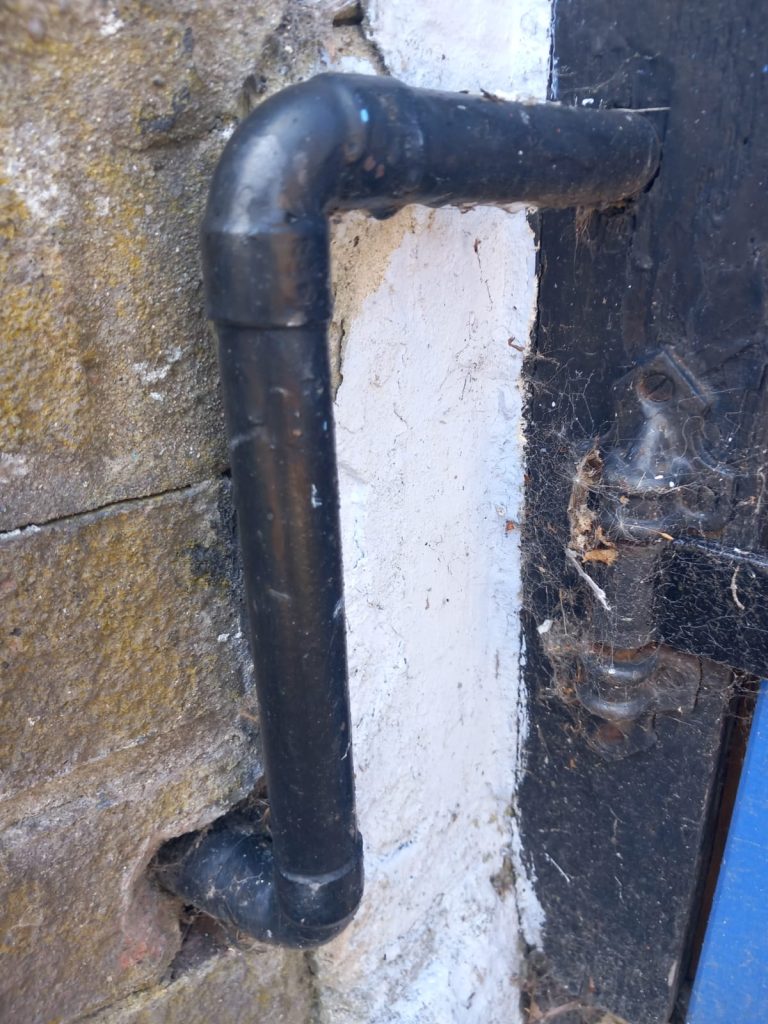How can I prevent frozen drain pipes in winter?
Winter brings a host of challenges, and one of the most common and troublesome issues homeowners face is frozen drain pipes. When the temperature drops, water in your drain pipes can freeze, leading to blockages and potential damage. In this article, we will explore the reasons behind frozen drain pipes and, more importantly, how you can prevent them.

Why Do Drain Pipes Freeze in Winter?
Frozen drain pipes occur when the water inside them freezes due to low temperatures. As water turns into ice, it expands, causing pressure to build up in the pipes. This can result in cracks, leaks, or even burst pipes.
Signs of Frozen Drain Pipes
Recognizing the signs of frozen drain pipes is crucial for taking timely action. Look out for slow drainage, strange gurgling noises, and unpleasant odors from your drains. These are often the first indicators of a frozen pipe.
Preventive Measures for Avoiding Frozen Drain Pipes
Preventing frozen drain pipes is the best approach, and there are several effective strategies to achieve this:
Insulating Your Drainage System
Insulation is a key step in protecting your pipes from the cold. Consider adding insulation to your attic, crawl spaces, and areas where pipes are exposed. This will help maintain a consistent temperature and keep your pipes warm.
Using Heat Tape
Heat tape is an excellent solution for preventing frozen pipes. It’s designed to wrap around your pipes and provide a steady source of heat, ensuring the water doesn’t freeze.
Applying Salt or De-Icing Agents
Keep your outdoor drains clear by applying salt or de-icing agents regularly. This will prevent water from pooling and freezing in these areas.
Thawing Frozen Pipes
If you suspect a pipe has frozen, it’s crucial to address the issue promptly. You can gently thaw the pipe using a hairdryer or warm towels. Never use open flames as this can damage the pipes.
The Role of Professional Drain Engineers
Sometimes, preventing frozen drain pipes requires the expertise of a professional drain engineer. They can assess your drainage system, identify vulnerable areas, and take appropriate preventive measures.
Protecting Your Outdoor Drains
Your outdoor drains are particularly susceptible to freezing. Install drain covers or insulate these pipes to protect them from the cold.
Regular Maintenance for Prevention
Regular maintenance is essential to ensure your drainage system remains functional during winter. Inspect your pipes, apply preventive measures, and be vigilant for any signs of freezing.
Preventing frozen drain pipes in winter is a proactive approach that can save you from the hassle and expense of dealing with frozen or burst pipes. By insulating, using heat tape, applying de-icing agents, and seeking Blocked Drain Bristol help when needed, you can enjoy a worry-free winter.
FAQs
- How can I tell if my drain pipes are frozen?
- Look out for slow drainage, gurgling noises, and odors from your drains. These are common signs of frozen pipes.
- Is it safe to use a hairdryer to thaw frozen pipes?
- Yes, using a hairdryer to gently thaw a frozen pipe is safe and effective. Avoid using open flames.
- Can I prevent outdoor drain pipes from freezing?
- Yes, you can protect outdoor drains by using drain covers or insulating them to keep them from freezing.
- Do I need a professional plumber to prevent frozen drain pipes?
- While many preventive measures can be done by homeowners, a professional plumber can assess your plumbing system and address vulnerabilities.
- Why is it important to prevent frozen drain pipes?
- Preventing frozen pipes can save you from costly repairs, water damage, and the inconvenience of blocked drains during the winter months.